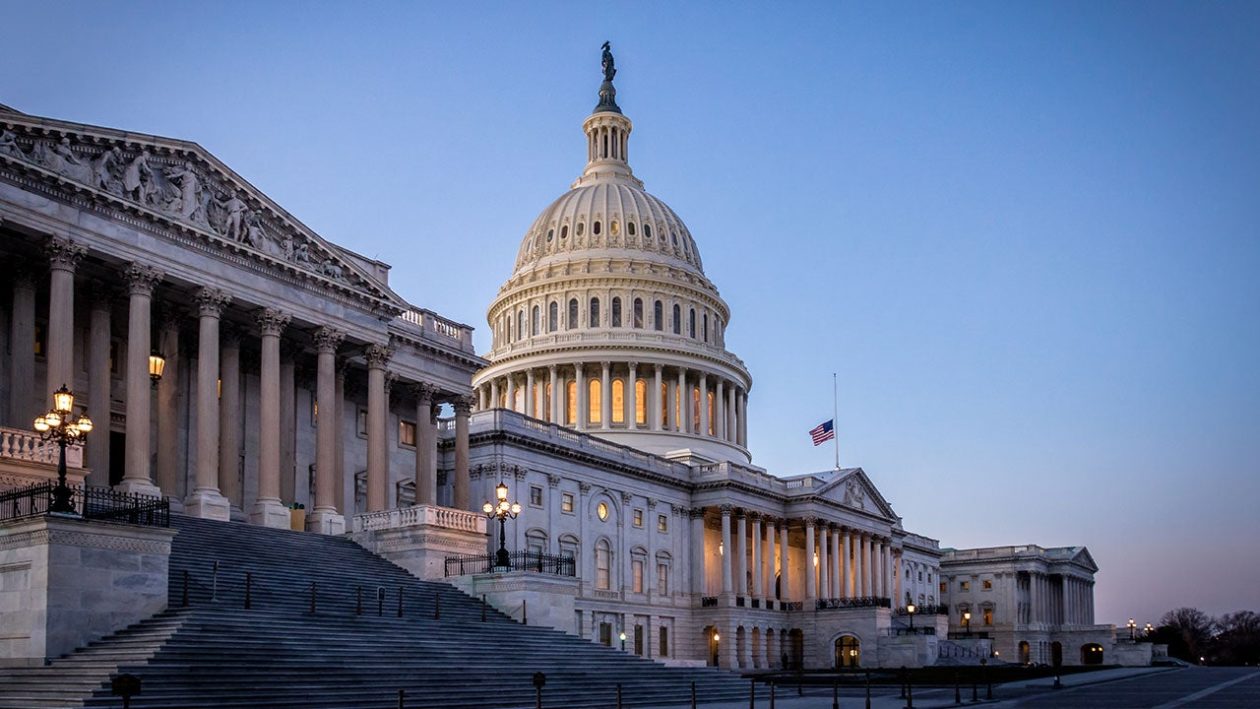
Many of you who watch my bi-weekly Facebook Live videos (which can be found on my website @ www.plantodayfortomorrow.com or Facebook page @ www.facebook.com/plantodayfortomorrow) already know that Medicaid eligibility has recently become even more challenging. As if dealing with the Covid-19 pandemic wasn’t enough, on April 2, 2020, Governor Cuomo’s State Budget implemented a new 2.5-year look-back period for Medicaid home care services (“Community Medicaid”). As discussed below, this is a drastic change for those seeking Medicaid eligibility to cover the cost of an aide at home. It also presents an immediate planning opportunity that should not be dismissed!
To understand the impact of the new law and the importance of planning immediately, you must first understand the look-back period, which is a certain period of one’s financial history that will be scrutinized when one applies for Medicaid. Until the adoption of the new law, a look-back period arose only when one applied for Medicaid to cover the cost of nursing home care. As part of that application, the Department of Social Services (“DSS”) asks the applicant to submit five (5) years of financial records to determine whether the applicant – or the applicant’s spouse – transferred any of their assets for less than fair market value (like a gift) during those five years. While some transfers may be considered exempt transfers, most are not, and if the applicant made non-exempt transfers during that five-year look-back period, DSS will impose a penalty period during which Medicaid will not pay for nursing home care. During the penalty period, one must privately pay for their nursing home.
By way of background, there was never a look-back or penalty period for Community Medicaid. This allowed people to transfer their assets today and apply for Community Medicaid tomorrow. While friendly to those needing care at home, this policy created a false sense of security for many who thought they were never going to need nursing home care. I often would hear people disregard my advice to create a Medicaid Trust or conduct other types of advanced planning because they were “never going into a nursing home,” “wanted to stay home,” or the proverbial “my kids are going to take care of me”. That’s all going to change on October 1, 2020.
Beginning October 1, 2020, there will be a new 2.5-year look-back period for Community Medicaid that will not be retroactive prior to October 1, 2020. For instance, if you apply for Community Medicaid on January 1, 2021, DSS will look-back to October 1, 2020 to determine if you made any non-exempt transfers and penalize you if you did. The look-back period will be phased in each consecutive month thereafter until it reaches 2.5 years (April 1, 2023). You will no longer be able to simply transfer your assets and immediately apply for Community Medicaid. Existing non-exempt transfers remain in effect, such as transfers to a spouse. This is going to have a tremendous impact on many families wishing to remain at home, especially those without a spouse.
In anticipation of these drastic changes, planning must be done immediately. If you have a loved one that is contemplating Community Medicaid soon, that person should consider transferring their assets to a Medicaid Trust prior to October 1, 2020. After October 1, 2020, they stand to lose their assets by privately paying for their care at home.
Even if you are not trying to beat the October 1 deadline, creating a Medicaid Trust and transferring assets to that trust continues to be one of the most popular and viable planning techniques to preserve your assets in the face of long-term care. Prior to the recent changes in law, the goal has always been to create a Medicaid Trust and get past the five-year look-back period for nursing home care. Now there is a new element. You must now be mindful to getting past the 2.5-year look-back period for Community Medicaid purposes. For those of you who were hesitant in implementing the Medicaid Trust because of the five-year look-back period, you should reconsider in light of the recent changes in law.










